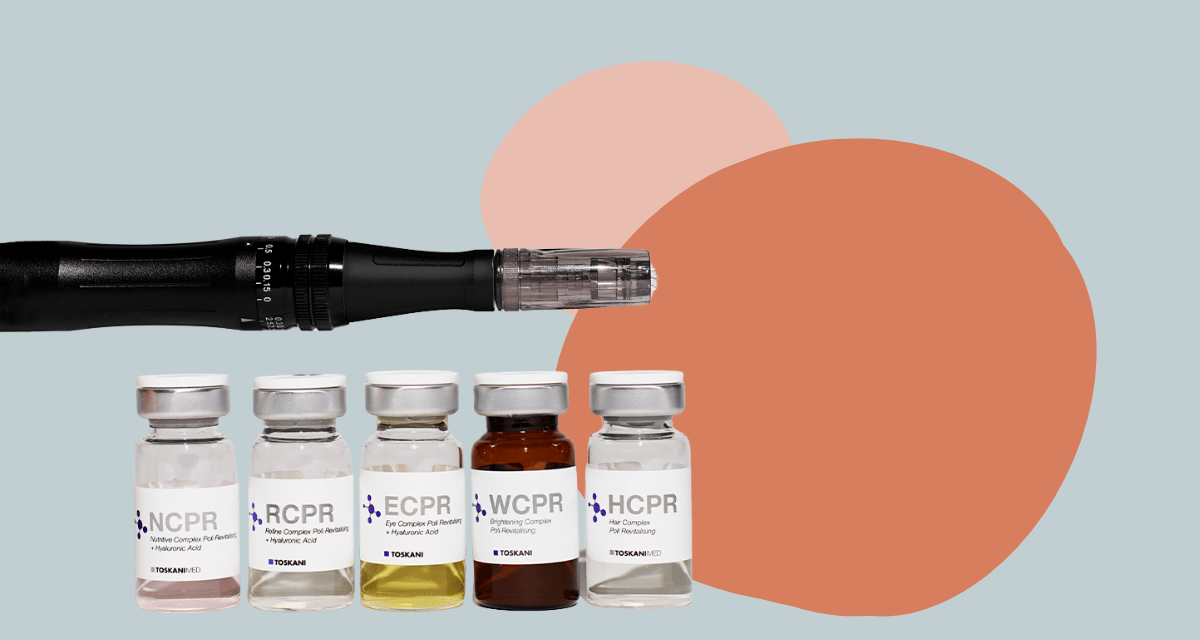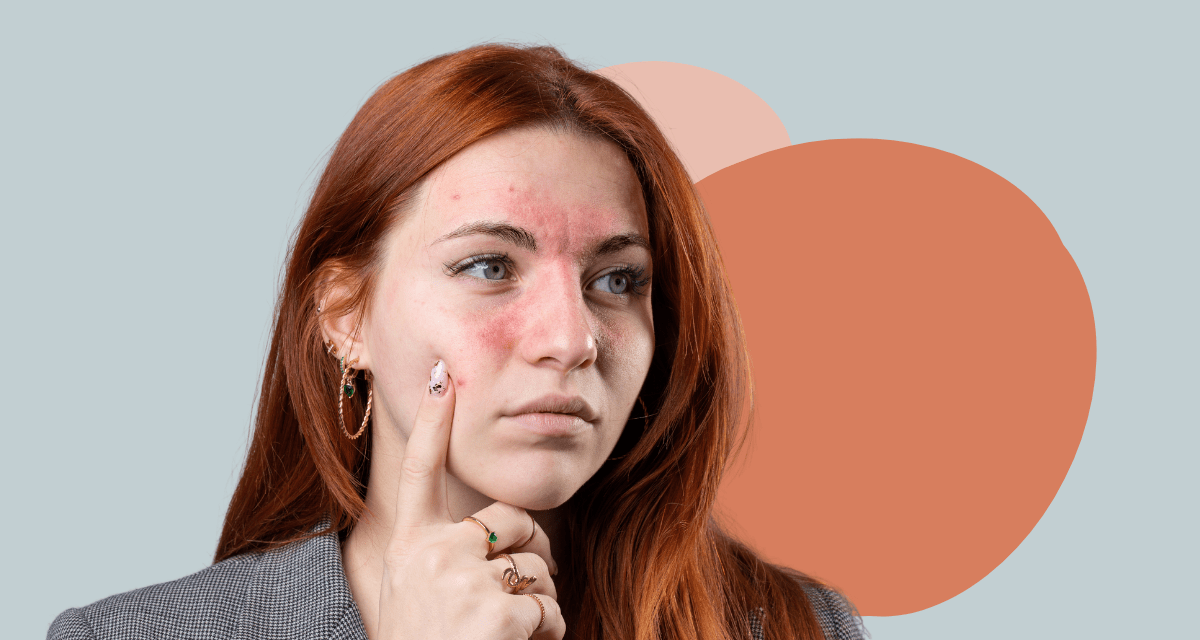
Unlock Radiant Skin with Toskani Clinical Mesoneedling
In the ever-evolving world of skin rejuvenation, Toskani Clinical Mesoneedling stands out as a game-changer. This advanced treatment goes beyond

Hydration, rejuvenation, exfoliation—there are a lot of guidelines and products on the market that claim to be the solution for all skin problems. If only it was that easy!
The truth is that all of these products and routines have one thing in common: they all work to help protect your skin barrier.
So, what is a skin barrier, how does it get damaged, and how do you know if you’ve experienced it? Nuovo Skin and Health investigates.
Let’s do a quick anatomy lesson before we get started, shall we?
Your skin has layers.
The bottom layer of our skin is called the “dermis”. This holds our blood vessels, hair follicles, and keeps the structure that forms a good foundation for our skin. Then there is our “epidermis”. The epidermis is responsible for housing all the cells that make up our skin. Then, at the very top of our skin, there is a thin layer known as our “skin barrier”.
Your skin barrier is the first line of defence against the outside world. It helps to prevent water loss and keep your skin safe from foreign objects including bacteria, chemicals, or just general nasties.
The way your epidermis works is similar to a brick wall protecting a garden. The bricks in the wall are your skin cells and the mortar is made up of a long list of lipids. When your skin barrier is undamaged, these lipids are able to let good things in and do their best to keep the nasties out.
However, when your skin barrier is damaged, your lipids begin to weaken. As they lose their sturdiness, the nasties begin to sneak their way into your skin and your skin loses its ability to retain water. As the barrier gets weaker and weaker, your skin starts to show signs of irritation, inflammation and deficiencies.
The most common causes of a damaged skin barrier are:
A damaged skin barrier will look a little different for every person. It might be a sudden change in skin appearance (yes, like a pesky pimple outbreak), or it could be existing skin conditions flaring up time and time again.
Thinking you may be a victim of sensitive skin? It can certainly make life difficult with even the slightest aggravation setting off a chain reaction of irritation. Often genetic, sensitive skin can also be the result of your skin barrier being compromised by environmental factors or harsh skin care products. Redness, stinging, itchiness, even a sudden flare-up after using your usual products might suggest a sensitive, compromised skin barrier.
Acne flare-ups could also be a sign of skin barrier damage. As the barrier begins to weaken, bacteria and other irritants begin to penetrate the skin. Many people incorrectly assume that an acne flareup requires more cleansing, which strips the skin of essential oils and weakens the barrier more. On top of this, products aimed at soothing acne breakouts are often incredibly dehydrating, leading to more and more damage.
Dry skin is sometimes referred to as dehydrated skin, however, they’re actually two different things. Dry skin is a type of skin type, like “oily skin”, whereas dehydrated skin is a condition where the skin is lacking in water.
If you have a damaged skin barrier, the water from your skin begins to escape and your skin becomes dehydrated. It’s like if your drink bottle sprung a leak, you’d end up pretty thirsty. Dehydrated skin leads to dullness and flakiness, and suddenly—you’ve got dry skin!
When there are cracks in your skin barrier, allergens and irritants are able to wiggle their way through and set off an inflammatory response.
If you’re someone who notices skin redness or sudden itchiness, a damaged skin barrier is probably involved. A damaged skin barrier can lead to inflammation, which in turn leads to more damage to the barrier which sparks even more inflammation—it’s a vicious cycle!
If you suspect that you have an impaired skin barrier, don’t panic! It could be a super easy fix.
The first step is to book in for a consultation with one of our skincare specialists to investigate what’s happening with your skin barrier. Irritation, redness, dryness, or dullness could all be the result of an improper skincare routine (which is a simple thing for us to help you with). When you book in for your consultation, bring in the products you’re using too, so we can examine the ingredients list to see what could be the culprit.
However, when it comes to skincare, the best cure for a damaged skin barrier is prevention. Just like a brick wall, a well-maintained wall is going to be able to withstand a lot more than one that’s a little wobbly.
As always, make sure that you’re following the right skincare routine for your skin type. Whether you’re taking it easy on your sensitive skin and only using cleansing products in the evening, or whether you’re following a specific skin care regime for acne-prone skin, the same rule applies: always moisture, moisturise some more, and for good measure, moisturise again. Remember, sunscreen is the cherry on top of a good skincare routine.
Suspect that you might be dealing with a little skin barrier damage? Book in for a consultation with our expert skin care specialist.

In the ever-evolving world of skin rejuvenation, Toskani Clinical Mesoneedling stands out as a game-changer. This advanced treatment goes beyond

Rosacea is a common yet often misunderstood skin condition that affects millions of people worldwide. Characterised by persistent redness, visible

Ageing is a beautiful journey that reflects the tapestry of our lives, filled with stories, experiences, and emotions. As we
